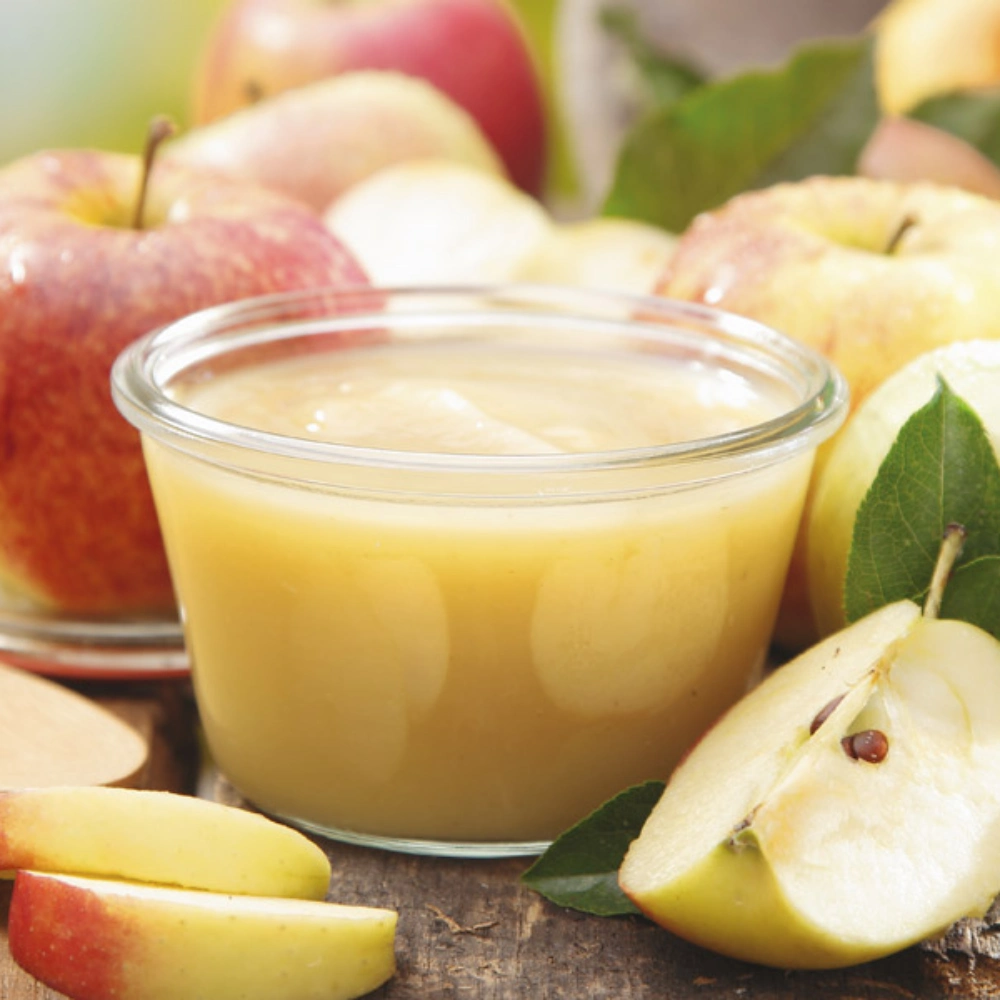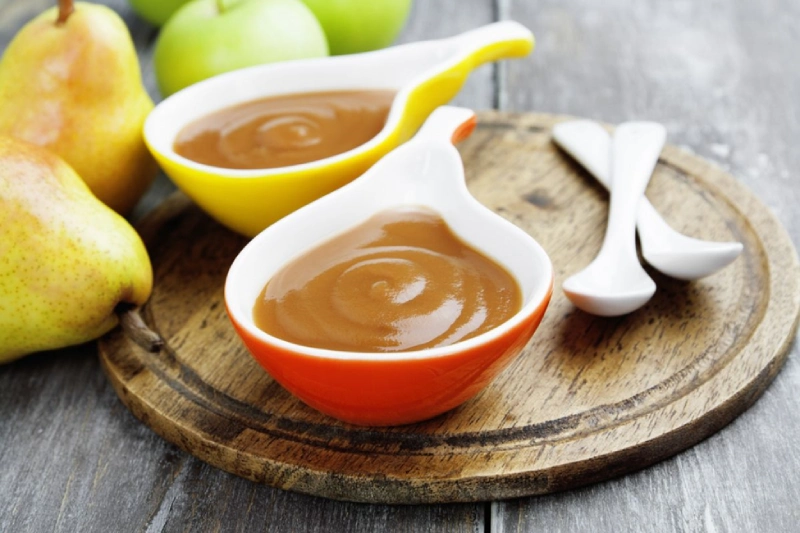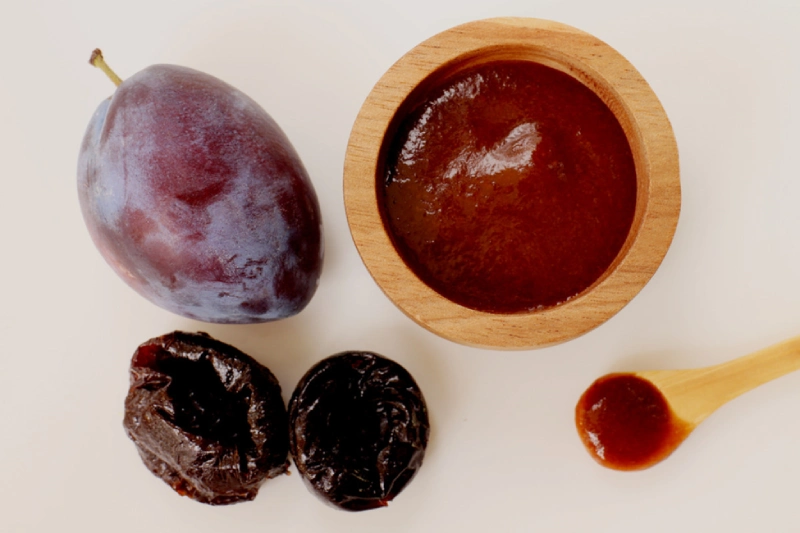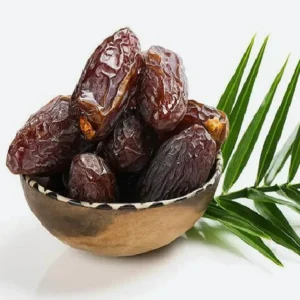Have you ever faced the question what is pureed fruit? Pureed fruit is a form of fruit that has been crushed into a smooth creamy matter and removing the solid parts, but usually preserving the majority of the nutrients of the fruit. It can be produced in a variety of fruits including apples, bananas, berries, mangoes, apricots, among many others and is normally manufactured by using some of the latest household appliances such as blenders or food processors. Fruit puree is used in many applications in cuisine such as in baby food, in smoothies and desserts, as a sauce, and also as a healthier alternative to baking or cooking. The pulp also facilitates the digestion of the fruit and can also enhance the bioavailability of certain vitamins and antioxidants. In this article, we will investigate other details.
Advantages of Pureed Fruit
Here are some of the advantages of fruit puree:
- Availability of Nutrients: Fruit purees contain large amounts of important vitamins, including vitamins C and A, minerals, such as potassium, and magnesium, and also nutrients called antioxidants that guard against oxidative stress and inflammation. These nutrients help in terms of immunity, skin regeneration, the health of the heart, and the growth of cells as a whole. Fruit purees can also offer the positive dietary fiber especially when the skin or the pulp is not fully removed.
- Digestibility and Convenience: Pureed fruit is softer and smooth in texture and easier to consume and digest, a factor that satisfies infants, elderly individuals and those with chewing or digestive challenges. It is also easy to store and consume, particularly when fresh fruit is not available, and it is out of season. Moreover, it is easily added to most dishes- even baby food and baked foods.
- Diverse Food Applications: Other advantages of fruit puree is that it is used in different foods. Example of fruit purees are smoothies, desserts, sauces, and beverages and can provide a natural sweetness and flavor without additional preservatives and unnecessary sugars in fruit puree examples. The food can also be produced in a mass amount, easily exported to other countries due to its high shelf life and it is versatile to be used in the industrial food production process.
For a detailed fruit puree example, see our step-by-step guide covering textures, ratios, and storage tips.
Disadvantages of Pureed Fruit
There are some disadvantages of fruit puree, including:
- Lower fiber content: Reduced fiber is a difference because most fruit purees contain less fiber than whole fruits, particularly during processing, the skins and pulp are discarded. Pureed fruit would be less satiating and would trigger faster blood sugar spikes than fiber-rich food.
- Greater Sugar Supremacy: Other disadvantages of fruit puree include that natural sugar in fruit is more concentrated in puree, leading to an increase in the concentration of the sugar in every serving (increasing the energy density). This level may cause a rapid rate of sugar absorption and an increase intake of calories compared with eating whole fruits. In addition, certain commercially made puree also have added nutritional ingredients like added sugars or sweeteners that increase the calorie content further and reflect badly in terms of health, especially on diabetes or weight conscious people.
- Processing Effects on Nutrients: Some nutrients are heat-sensitive, so nutrients can be reduced (slightly) by processing such as heat treatments used to preserve fresh fruits (e.g. pasteurization can destroy vitamin C). Purees may not have the same health benefits that are present when a person consumes fresh fruit, especially vitamin content but it is a nutritional alternative.
- Texture and sensory restrictions: Pureed fruit does not provide the texture found in intact fruit, and this may limit chewing satisfaction and possibly oral health or eating behavior in people who need modified-texture food.
If you’re looking for quality products at great prices, check out these trusted wholesale juice concentrate suppliers.
Nutritional Aspects and Health Benefits
You may want to know is fruit puree bad for you? While there are some nutritional drawbacks, pureed fruit is still a nutrient-rich food with antioxidants, vitamins, and minerals that are important for general health. Pureed fruit contains anti-oxidants which support the immune system, fight against chronic diseases that include heart disease, diabetes, and cancer, etc. Potassium and magnesium support cardiovascular and muscular function and vitamin A promotes good vision and cell repair. The fiber of puree ensures a healthy gut function and maintains blood sugar levels when fiber is retained in purees.
The consumption of fruit purees also helps in weight loss when it is used as a substitute for other high-calorie ingredients in recipes. As for children and elderly people, pureed fruits are a healthy, easy to digest, and necessary fruit intake when chewing or digestion is in trouble.
You can find some of the best fruit puree manufacturers here, known for their quality and fresh flavors.
Common Types and Uses of Fruit Purees
What is pureed fruit? Types of fruit purees vary widely:
- Apple:Depending on texture and sweetness, apples are popular for purees.
- Apricot:The varieties offer a good balance between sweetness and tartness, suitable for purees.
- Peach:Peaches are preferred for eating and cooking.
- Plum:Puree plums are common for eating and cooking
What Is Pureed Fruit Common Uses?
They include:
- Baby food formulations
- Smoothie and juice blends
- Sauces and dessert bases
- Baking fat substitutes, reducing calories, and enhancing moisture.
Kourosh Foods: Quality and Variety in Fruit Puree Production
Kourosh Foods is one of the leading manufacturers and exporters of premium natural fruit purees with a commitment to the natural goodness of fresh fruits and their traditional taste. With a wide selection of puree products, Kourosh Foods applies modern methods of processing that focus on the maintenance of vitamins, minerals, natural fibers, long shelf life, and the absence of artificial ingredients and added sugar. Check the website for more details and call us to place your order.
FAQs
- What is the difference between mashed and pureed fruit?
Mashed fruit has a coarser texture and is usually made by hand, while pureed fruit is smoother and creamier, typically made using a blender or food processor.
- Can pureed fruit be used as a substitute for fresh fruit?
Yes, pureed fruit can substitute fresh fruit in many recipes and for dietary needs, though it may differ in texture and sometimes has less fiber than whole fruit.
- Is fruit puree healthy for babies?
Yes, fruit puree is healthy and often recommended for babies as it is easy to swallow, digest, and provides essential nutrients.
- How long can pureed fruit be stored?
Pureed fruit can generally be stored in the refrigerator for 2 to 3 days and for longer periods (several months) if frozen properly.
- Can pureed fruit be frozen?
Yes, pureed fruit can be frozen to extend shelf life while preserving most nutrients and flavor.









